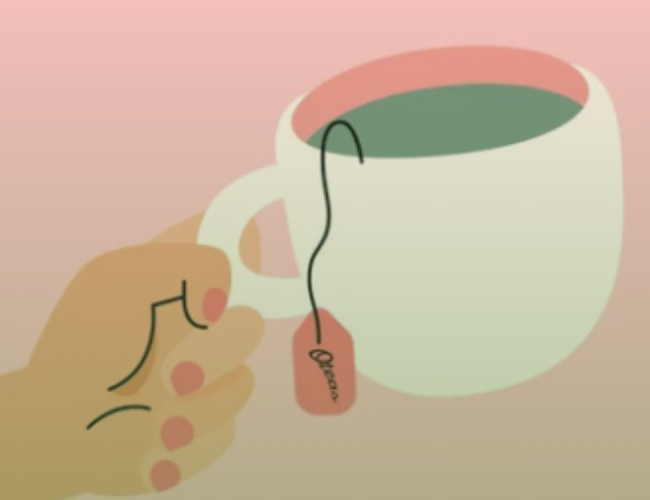
5 Common Kitchen Products And How To Effectively Dispose Of Them
Effectively Disposing of Common Kitchen Products
There are some products that just make life easier. Whether you love keeping your home neat and tidy or have a specific way of organizing your space, there are a variety of items that are must-haves when on your scheduled shopping day. However, as more and more consumers try their best to move toward a more sustainable lifestyle, you might find that there are many products that aren’t as easy to properly dispose of.
Keep reading this blog post for a breakdown of some common kitchen products and how to properly dispose of them to avoid contributing more unnecessary waste to landfills.
1) Paper Towels
Paper towels are a staple in any messy kitchen, which is why understanding how to properly dispose of them is so important. The instinct might be to toss the paper into recycling, but if it’s come into contact with any oils or other non-water fluids then that can affect the recycling process. Instead, the best method of disposal is to separate the intact cardboard roll for recycling and toss the used paper into your organic waste bin.
2) Disposable Wipes
Now more than ever we’ve seen a rise in the purchase of disinfectant wipes for surfaces that we regularly touch, but how exactly should they be disposed of? Any sort of disposable wipe, whether disinfectant or not, should be thrown into your garbage bin because they cannot be recycled and are not compostable. Unfortunately, these types of products are fairly wasteful, which is why opting instead to use a reusable cloth for any surface cleaning is a great way to reduce your carbon footprint while still keeping your space clean and hygienic.
3) Mugs
Let’s be honest, many of us have an obsession with collecting aesthetic mugs for coffee or tea and we can’t be blamed. However, while reusing an old family mug for your Oteas Organic Black Tea & Apricot blend is a great way to stay sustainable, sometimes spring cleaning of your home is much-needed. In instances where a mug is in good condition, this item can often be recycled or donated for others to use. In instances where the item is broken and not usable, you have to toss it in the garbage bin.
4) Kitchen Sponges
For the effective scrubbing of all your pots, pans, and dishes, kitchen sponges are a great option. However, they aren’t the most sustainable tool for the job because once no longer usable, they must be thrown into the garbage bin. For a more sustainable option, consider switching to bamboo-based brushes, which have anti-bacterial properties and can be disposed of as organic waste.
5) Cutting Board
Cutting boards are a necessity for any kitchen to function, especially for those who love to cook regularly. However, depending on whether you prefer plastic or wooden cutting boards there are different methods of disposing of them once they’re no longer usable. With time, cutting boards can develop small cuts on their surfaces, leaving them prone to collecting bacteria that can’t quite be cleaned out. If you have a plastic cutting board, then your best option is to recycle it, depending on its condition. If you have a wooden cutting board, then this can often be considered an organic item.
While this article provides a general idea on how to dispose of your common kitchen items, it’s always important to check your city’s website for waste management to ensure you are doing it correctly. Keeping your trash sorted and sustainable doesn’t have to be difficult with the right information!
For a few sustainable tea options, visit Oteas today to discover your favourite blend of flavours. All of our products—from tea bags to tea leaves—are compostable and eco-friendly so that both your body and our planet will be happy.